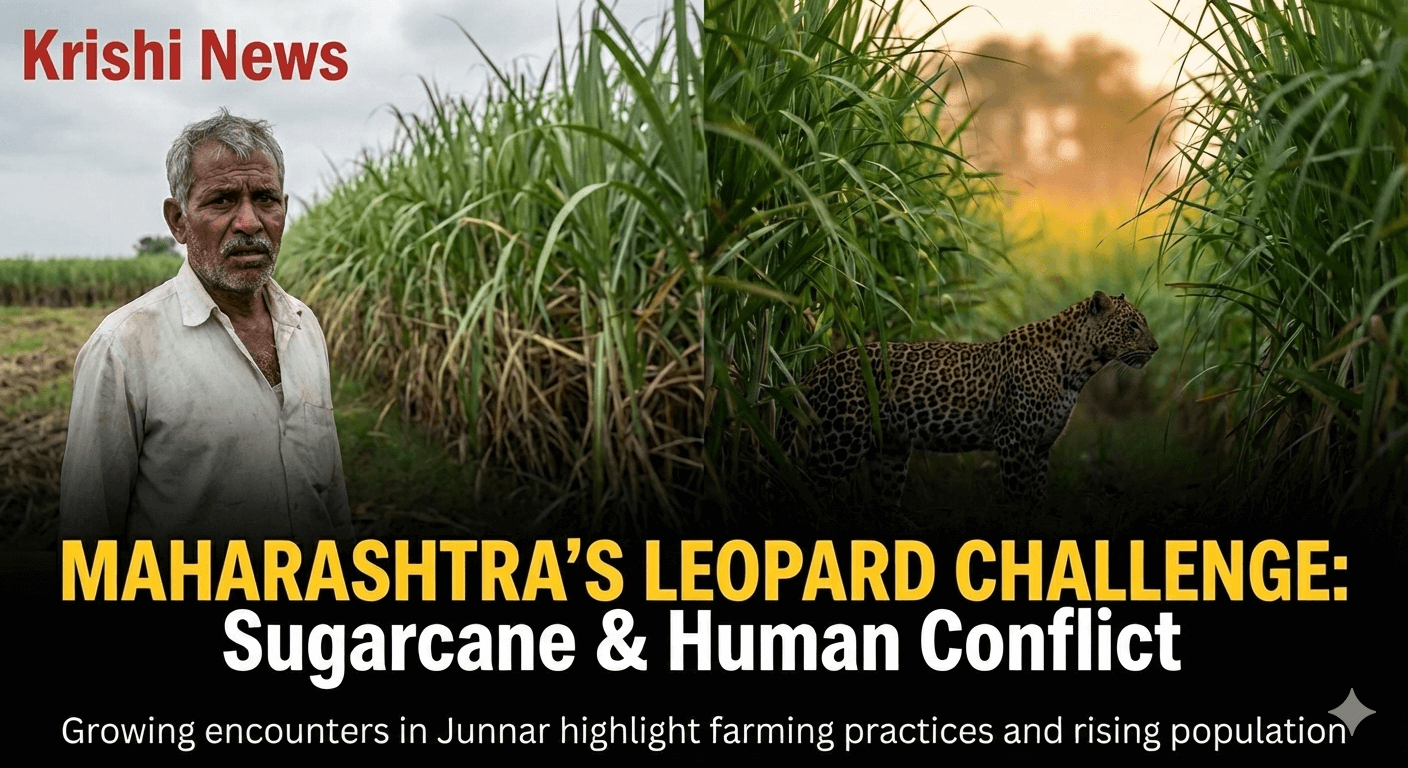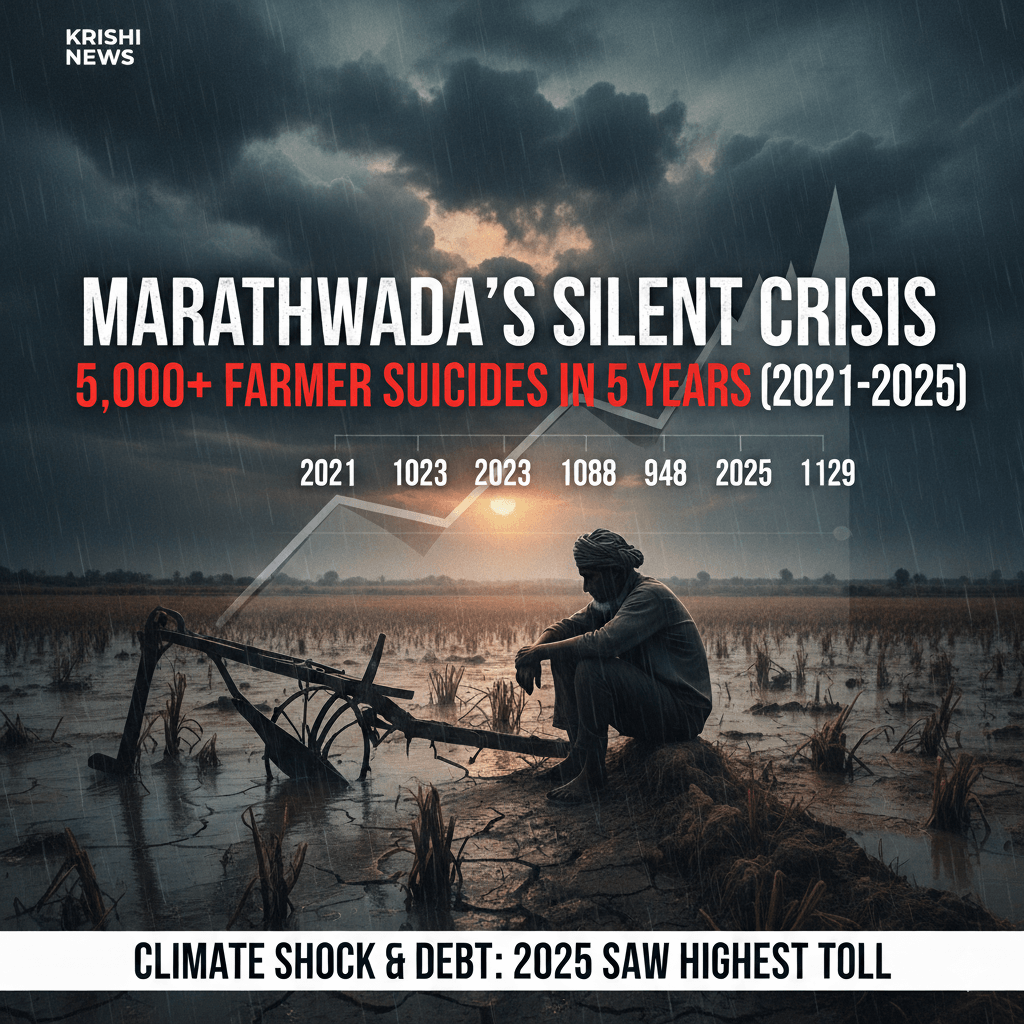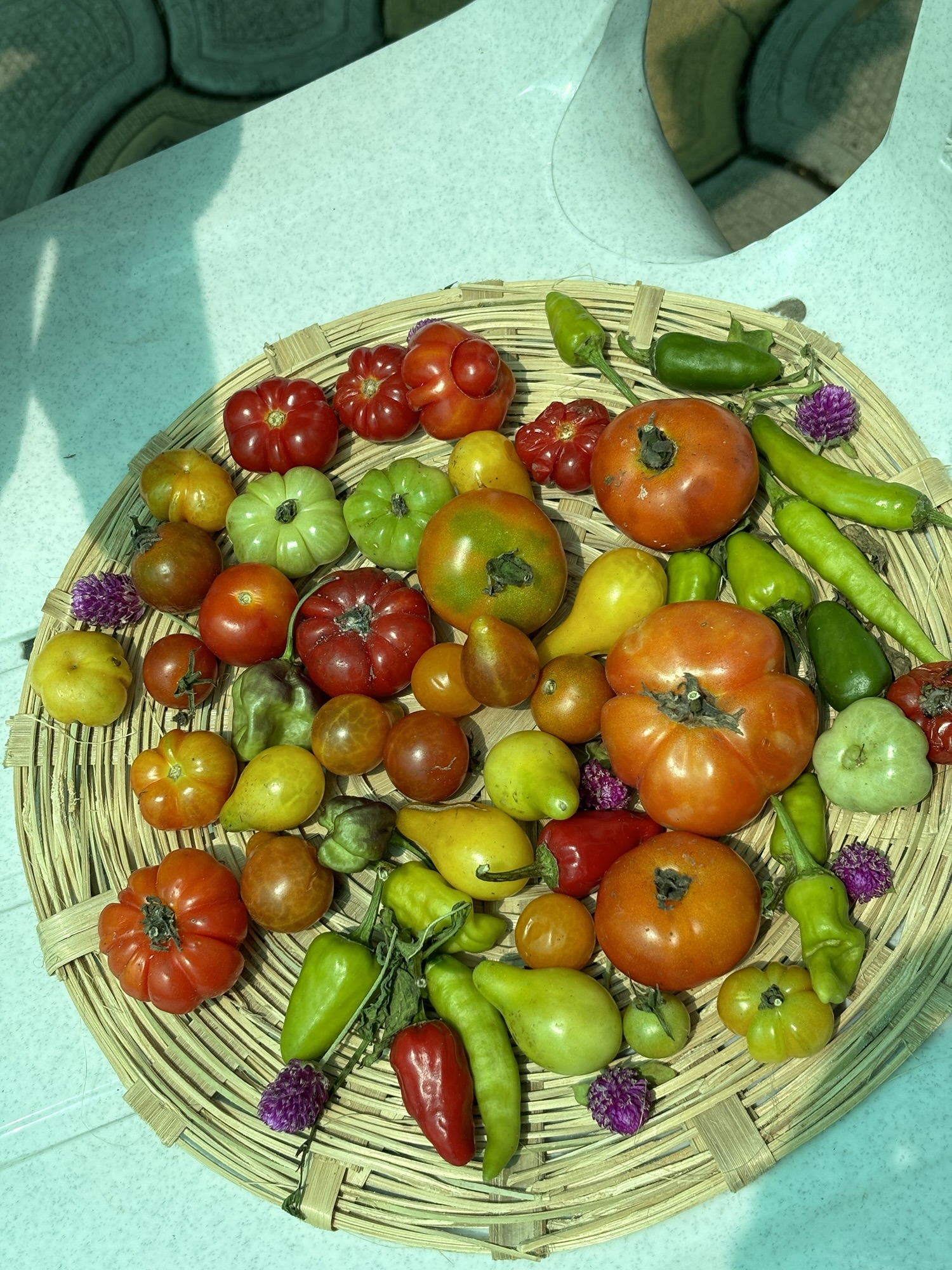Climate change is a growing concern for farmers in India. A recent study shows that rising temperatures will cut the yields of staple crops like wheat and rice. This decline could put food security at risk for millions. The study, published in the journal Nature, highlights that for every 1°C increase in global temperature, the availability of calories per person may drop by 4% by 2100. This is alarming news for a country where many people rely on these crops for their daily meals.
Wheat, a crucial crop for India, could see significant yield losses. The study predicts that wheat yields in northern India might decline by 6% to 25% by the year 2100. In contrast, rice may not experience the same level of decline, but it is still vulnerable. The research indicates that rice yields could drop by 7% by 2050 and 10% by 2080.
Farmers have been adapting to climate change. They are trying to use heat-resistant seeds, change planting dates, and adjust irrigation. However, even with these measures, the study suggests that substantial losses will still occur. While adaptation can reduce some losses, it cannot fully offset the damage caused by climate change.
The researchers used a large dataset that includes information from 54 countries. They examined how different climates and socioeconomic conditions affect crop production. The findings show that wheat yield losses will be consistent across major wheat-growing areas worldwide. Regions like Eastern Europe, Africa, and South America could see losses of 15% to 25%. In China, Russia, the US, and Canada, the losses may be even higher, ranging from 30% to 40%.
In India, the situation is particularly concerning. With over 80% of farmers owning less than two hectares of land, they are more vulnerable to climate impacts. A decrease in crop yields could lead to food shortages and increased prices, affecting low-income households the hardest. The Indian government provides subsidised grains to many citizens, and any decline in production could strain this system.
Furthermore, climate change is not just affecting crop yields. It is also impacting other vital aspects of the environment. For instance, rising sea temperatures are causing fish to migrate to cooler waters, which threatens fishing communities. The melting of glaciers in the Himalayas is worsening water scarcity for over a billion people in India and China.
Experts are raising alarms about the urgency of taking action against climate change. They warn that India has already seen an increase in average temperatures by 0.7 degrees Celsius since 1901. The year 2024 was noted as the hottest on record, indicating that these changes are already happening.
To address these challenges, a combination of agricultural innovation, sustainable policies, and global cooperation is essential. Farmers and governments need to work together to find solutions that ensure food security in the future. Without immediate action, the impact of climate change on agriculture could lead to serious consequences for both the economy and society.
In conclusion, as climate change continues to threaten staple crops in India, it is crucial for all stakeholders to come together. Only through collective efforts can we hope to secure a stable food supply and protect the livelihoods of millions of farmers across the country.




